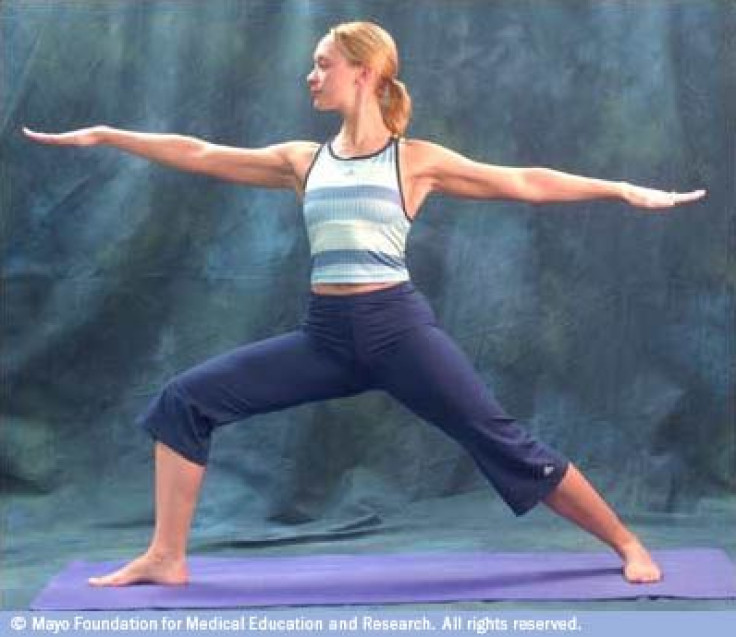Tai Chi Leads To Longer Life: 5 Reasons Why The Martial Art Is Good For Your Health

Over the years, various studies have emphasized the innumerable health benefits associated with China's ancient meditative technique, tai chi. A recent study has added a better quality of life to the list.
A research team headed by Dr. Xianglan Zhang from the Vanderbilt University School of Medicine in Nashville tracked lifestyle choices and overall health of 61,000 Chinese men over a period of five years. A total of 22,000 of the men exercised at least once a week, and the rest were considered non-exercisers, Reuters reported.
By the end of the study, 2,241 participants had passed away, and after probing for other risk factors like age and smoking habits, Zhang and her associates concluded that men who practiced tai chi were 20 percent less likely to die compared to those who didn't.
"It combines slow motion exercise and mind concentration to focus on movement. That itself can reduce your stress and, of course, it will increase your flexibility and endurance," explained Zhang
Due to a substantial amount of data gathered from past studies, the art of tai chi has gained a lot of ground as an effective adjunct therapy. According to Harvard Medical School, an adjunct therapy is one that's used together with primary medical treatments, either to address a disease and its primary symptoms or more generally to improve a patient's functioning and quality of life.
"A growing body of carefully conducted research is building a compelling case for tai chi as an adjunct to standard medical treatment for the prevention and rehabilitation of many conditions commonly associated with age," said Peter M. Wayne, assistant professor of medicine at Harvard Medical School and director of the Tai Chi and Mind-Body Research Program at Harvard Medical School's Osher Research Center.
"Although you aren't working with weights or resistance bands, the unsupported arm exercise involved in tai chi strengthens your upper body," said Dr. Gloria Yeh, an assistant professor at Harvard Medical School.
"Tai chi strengthens both the lower and upper extremities and also the core muscles of the back and abdomen."
Even though the health benefits related to tai chi are seemingly endless, here are the top five reasons to consider adopting the low-impact workout technique:
1. Parkinson's Disease - A study conducted back in February 2012 determined that the slow, controlled motion associated with tai chi can help improve the impaired balance of someone affected by Parkinson's Disease.
2. Arthritis - Research has shown that light exercise combined with stretching can help improve flexibility and overall physical function.
3. Hypertension - The calming effect of tai chi, both on a person's body and emotional state, has been considered a great way to lower blood pressure.
4. Heart Disease - In addition to lowering blood pressure, it can also improve levels of cholesterol, triglycerides, and insulin.
5. Stress - Of course, light physical exercise combined with breathing techniques can sufficiently reduce stress, which has earned tai chi the nickname "mediation in motion."
Source: Wang N, Xiang Y, Li H, Yang G, Gao J, Zhang X. "=Associations of Tai Chi, Walking, and Jogging With Mortality in Chinese Men. American Journal of Epidemiology. 2013.



























